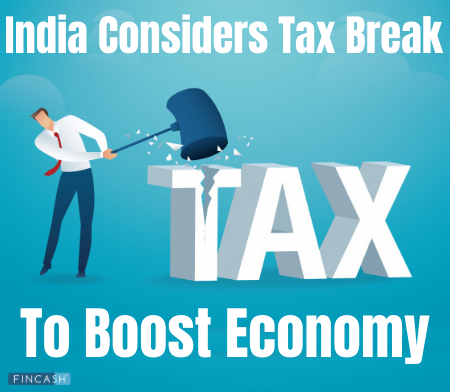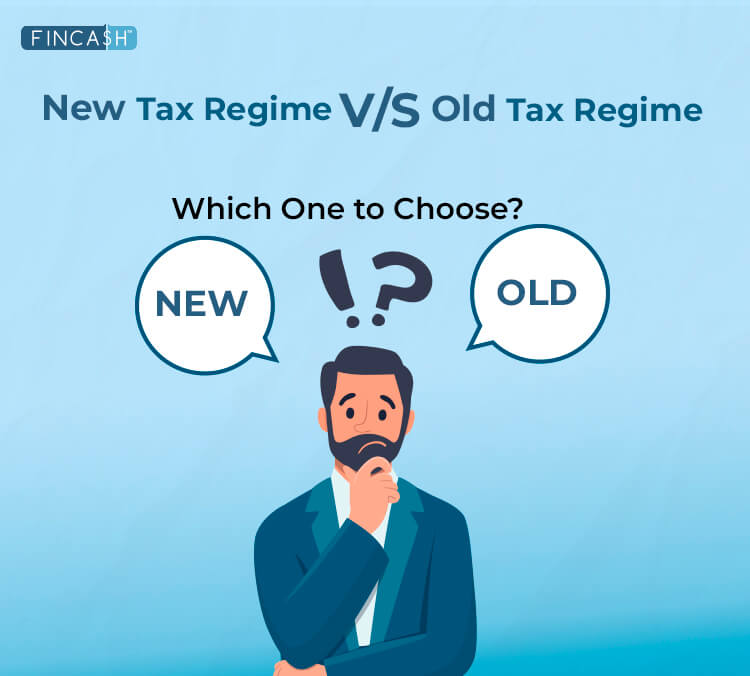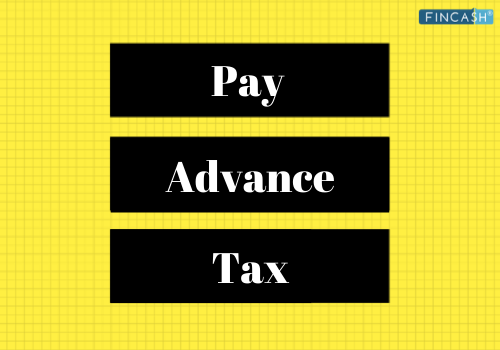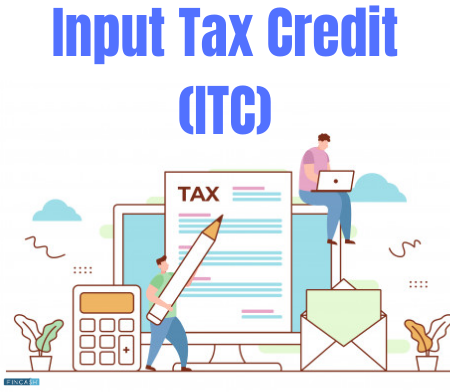
Table of Contents
What is a Tax Break?
A tax break is referred to as the reduction in the total liability of a taxpayer. In certain countries, this term is also used to define a favourable treatment that a class of taxpayers get.

For instance, if the government is giving a tax break to a certain group or type of companies, it means that they are decreasing the tax amount that otherwise had to be paid; or that there are such changes and modifications in the tax system that are benefitting that specific class or type.
Explaining a Tax Break
A tax break, as mentioned above, can decrease the liability of a taxpayer to a great extent. Such savings could be allowed by a tax exemption, a tax credit or a tax Deduction. Often, tax breaks are explained as a method to upsurge the Economy by stimulating the amount that taxpayers must spend, or businesses must invest for the growth.
Not just that but tax breaks are also used to endorse a type of behaviour that is regarded advantageous, such as replacing the gas-operating vehicles with that of fuel-efficient ones.
Talk to our investment specialist
Types of Tax Breaks
- Tax Exemptions
An exemption is meant to protect a specific part of the Income or an income type from taxation. For instance, if in India, a specific limit of earning is Rs. 1,00,000. If you have earned Rs. 1,50,000 for the year 2020, the excessive amount of Rs. 50,000 will be taxed while the rest of the amount will be exempted.
Generally, religious institutions and charitable organizations get tax exemption as they don’t have to pay their Taxes.
- Tax Credits
A tax credit ends up decreasing the Tax Liability of a taxpayer. In comparison to deduction, the credit leaves a much great impact. In a way, a tax credit can be applied to the tax amount that a taxpayer owns after all of the deductions have been made from the Taxable Income. For instance, if you owe Rs. 3000 of tax to the government and are eligible for Rs. 1100 of the tax credit; the owed amount will be decreased to Rs. 1900.
- Tax Deductions
Tax deductions are those expenses that can be deducted from gross income to decrease taxable income. For instance, if your taxable income for 2020 – 2021 is Rs. 75000 and you are falling under 22% of the marginal tax bracket, your marginal tax bill will be Rs. 75000 x 22% = Rs. 16500. However, if you are eligible for Rs. 8000 of tax deduction, your taxable income will be Rs. 75000 – Rs. 8000 = Rs. 67000.
All efforts have been made to ensure the information provided here is accurate. However, no guarantees are made regarding correctness of data. Please verify with scheme information document before making any investment.












